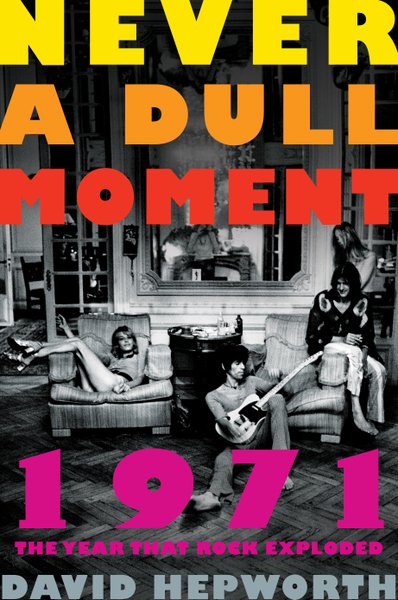 What year is the best, the most pivotal – the most splendiferous! – in all of rock ‘n’ roll? It’s a question that can start a spirited friendly debate (or a Facebook war). But I’d wager that for many of us the best year has to not just do with the records that came out or the concerts that happened; It’s almost always where we were in our youth, our incipient fandom. There’s nothing, you know, like that first blush….
What year is the best, the most pivotal – the most splendiferous! – in all of rock ‘n’ roll? It’s a question that can start a spirited friendly debate (or a Facebook war). But I’d wager that for many of us the best year has to not just do with the records that came out or the concerts that happened; It’s almost always where we were in our youth, our incipient fandom. There’s nothing, you know, like that first blush….
For those coming of age in the late ‘50s, Elvis, Jerry Lee Lewis and Chuck Berry are usually touchstones. The Beatles or Stones serve as that for those doing so in the mid ‘60s. Jumping into the ‘90s, it might be Nirvana or Pearl Jam.
Let’s face it: Nothing hits you quite so hard and means so much as when you’re in what I’d say is your late teens-to-your-early-20s.
For Englishman David Hepworth, then 21, that year was 1971, not a year I’d have picked out of the mix before I read his 2016 book Never a Dull Moment: 1971 – The Year That Rock Exploded. In fact, I went in thinking, with some snark, “Oh yeah, prove it.”
He did. I especially liked the way Hepworth gets into it in the foreword: “At the time, 1971 didn’t seem like a particularly exceptional year.” And then he digs in – month by month – and the amazing music, no matter what your taste or predilection, just keeps on coming at you: Lou Reed’s solo debut, Marvin Gaye’s What’s Going On, Yes’ Fragile. David Bowie’s The Man Who Sold the World and Hunky Dory, Bob Dylan nudging back into the pop charts with “Watching the River Flow” (which reached #41) and “George Jackson” (#33), and Don McLean’s “American Pie” creating a phenomenon as it rode atop the charts at the beginning of the year. The Who’s Who’s Next and the compilation Meaty, Beaty, Big and Bouncy, Led Zeppelin IV, Carole King’s Tapestry, George Harrison’s All Things Must Pass and Nick Drake’s Bryter Layter. (The last one being heard more widely in the U.K. in 1971 but barely noticed in America at the time. But it’s a further testimony to ’71’s strength that Drake and that album would in the years to follow gather steam and come to be revered in the U.S.) And songs like “Brown Sugar” by The Rolling Stones, “Family Affair” from Sly & the Family Stone, Roxy Music’s “Virginia Plain” and many more. (Ironically, the Rod Stewart album the book references in its title came out in ’72, but no matter; it’s an appropriate description for the year and Helpworth’s thesis).
Related: The top selling albums of 1971
Hepworth cites moments “in all creative stories where the right sort of talent meets the right amount of opportunity with just enough money and technology (but not too much) and then lays it before an audience which is the ideal state of readiness.”
The book concerns the world from which the music emerged and what that world was like for the fan – car cassette decks with auto reverse! – and the bands. And for all the high notes, there’s this: 1971 was the “high water mark of rock’s overindulgence in drugs,” Hepworth writes, mentioning Canned Heat’s Al Wilson, Jimi Hendrix and Janis Joplin, who all died within four weeks of each other the previous year.
Hepworth, a Brit, considers a broad swath of rock ‘n’ roll here. While the January chapter titled “Get Down and Get With It” may not resonate so much with as many folks in the U.S., as the title is the name of one of the great U.K. glam rock band Slade’s songs. July’s “Every Picture Tells a Story” may have more resonance.
Never a Dull Moment grew out of a column for an English mag called Word about the year in question. Hepworth lists 100 albums that made the year so great in the appendix. But 1971 is not a laundry list, though its argument about great music builds cumulatively as the year goes on. One of Hepworth’s main strengths is capturing the tenor of the times – the events, cultural mores and personalities – and how the music reflected (or contrasted with) those times.
Related: 1971 in 50 classic rock albums
One revelation regarding the female market: girls weren’t just listening to their boyfriend’s albums. The music industry discovered the huge amount of women at Carole King shows.
Another keen observation the author makes is about the rock press, as we knew it, and how it hadn’t yet devolved into (or helped spawn?) the star-obsessed gossip press. “Readers,” writes Hepworth, “didn’t have any expectation they could look inside the homes and private lives of their stars.”
Never a Dull Moment is a fascinating, revelatory time capsule of a book, infused with both research and wit. You’ll be digging through that old vinyl collection or punching up Spotify during this ripping read. It’s available to order in the U.S. here and in the U.K. here.
The same author’s book, Hope I Get Old Before I Die: Why Rock Stars Never Retire, is available in the U.S. here and in the U.K. here.

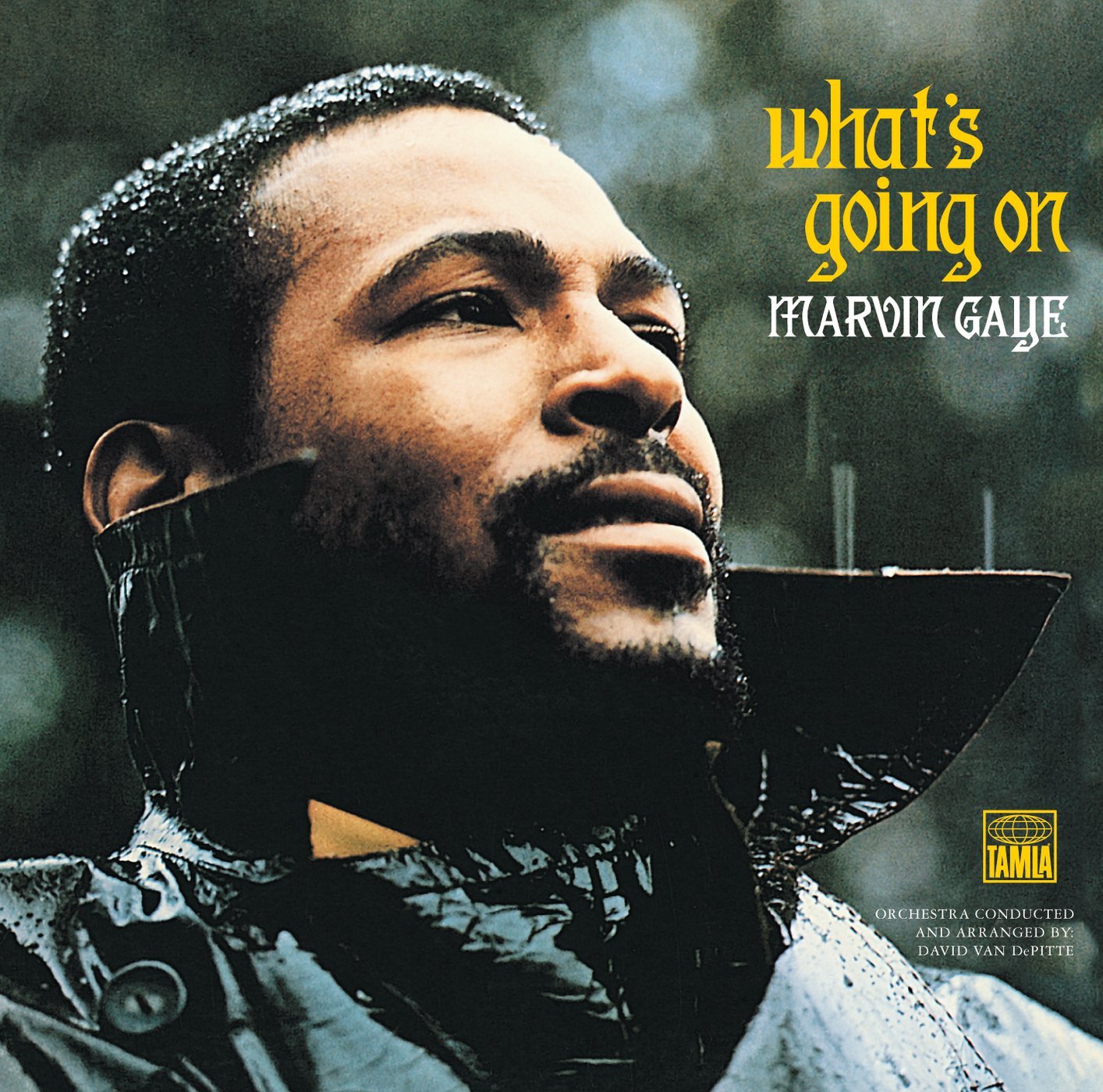
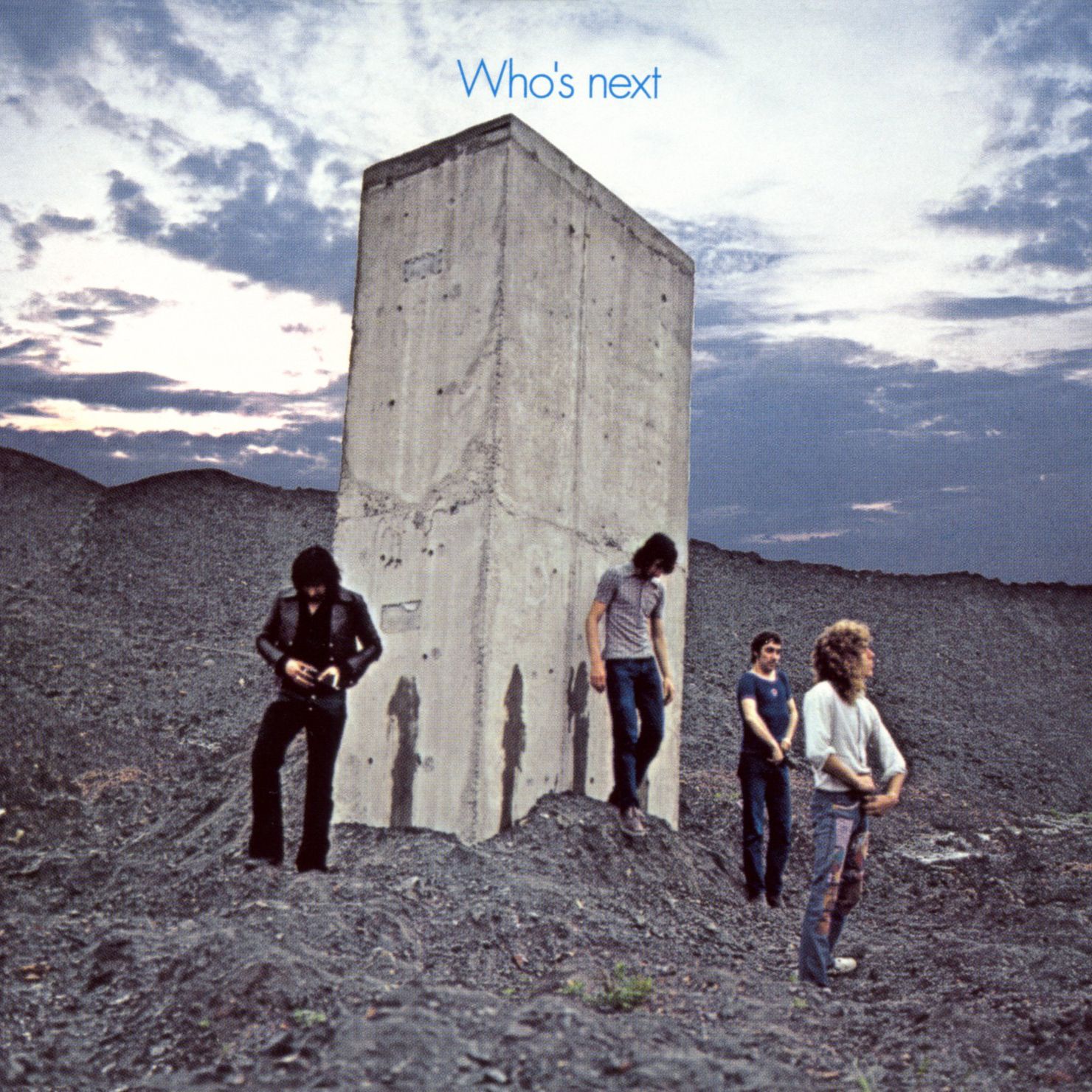

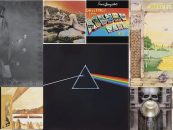

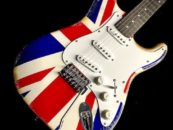

12 Comments so far
Jump into a conversationJOHN Lennon’s imagine, grand funk Live …. there was a multitude of albums recorded at Fillmore east
I enjoy The Beatles but John with Ono is Disgusting and insults the mans talents. Whenever I request “woman is the nigger of the word,”I an insulted!! Grand Funk, wild live band. Thank You.
Just out of curiosity, why do you request a song that insults you?
Don’t forget Humble Pie “Rockin’ the Fillmore”.
To this great list I would also include ELP’s first album as well.
The Moody Blues – Every Good Boy Deserves Favour. Perfection from start to finish.
I was a HUGE Moody Blue’s Fan too are they mentioned in the book 1971?
Nope.
EGBDF in list of albums and that’s it.
Roxy Music’s Virginia Plain also came out ’72!
Good read overall, but American Pie topped the charts in ’72, not ’71
I got to write a weekly music column in 1971-72 as a Senior in high school. I got to interview or review and hangout backstage with acts like Black Sabbath, Deep Purple, Grateful Dead, James Gang, Jethro Tull, Mountain, Traffic, Uriah Heep, Yes, King Crimson and Black Oak Arkansas when I was only 17 y/o. I could tell something special was happening While I was doing this in 1971.
Awesome! Sounds like a cool gig for sure. Who did you specifically meet? Yes there can be no doubt 71 was the shit! Actually, the period from say 70 to maybe 74 were the greatest years for us classic rockers it was an embarrassment of riches. My first concert was Elton John at Madison Square Garden November 74. I missed John Lennon by one night but I got Kiki Dee ha ha.